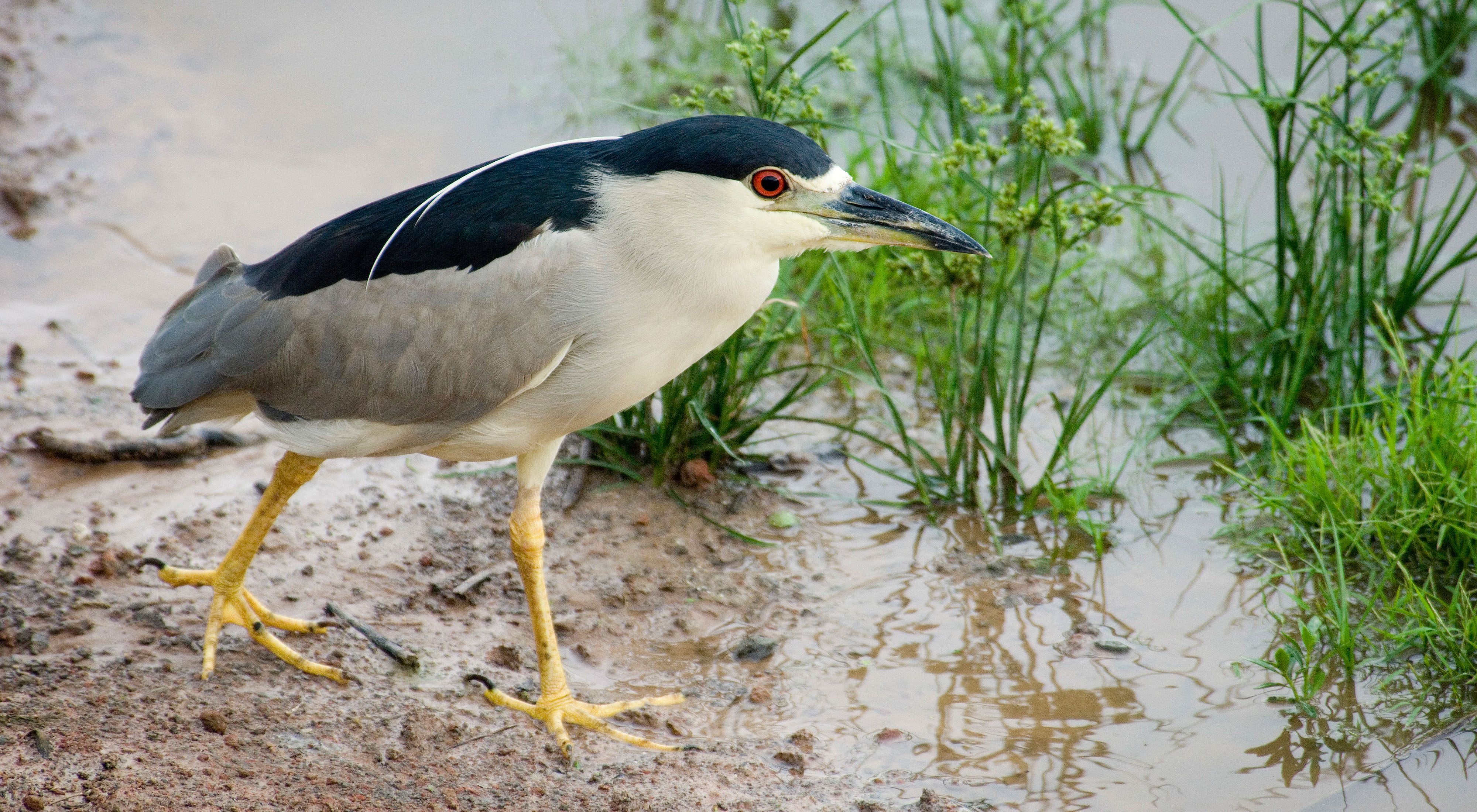Description
More than 4,000 black-crowned night herons gave this swampy land its name—Heron Lake. Lindgren-Traeger Bird Sanctuary is a marsh that fringes the northern edge of this lake. It serves as a visual reminder of the vast 8,000-acre wetland that once was one of North America’s most productive marshes.
Over the years, much of this region was ditched and drained for farming, while dikes and dams held back waters. Without wetlands to filter and slow water from the watershed, silt began to cloud much of the lake’s water, taking its toll on the plants that grow there.
Lindgren-Traeger sanctuary, however, still is a place where avid birdwatchers can come to observe grassland birds with an open view of the vast lake basin.
Why the Conservancy Selected This Site
Precious wetlands are being lost in Minnesota. More than 10 million acres of wetlands—half of the state’s original total—have been drained in the past century and converted to cropland. Restoration of these lands is critical to preserving Minnesota’s natural wildlife heritage, as well as ensuring a supply of clean drinking water.
North Heron Lake’s rich ecological past combined with its functioning marsh system make it an ideal place for restoration and demonstration efforts.
What the Conservancy Has Done/Is Doing
The Conservancy’s work on this land is part of a larger effort to restore the health of the Heron Lake system. Private individuals and organizations have been working to protect this lake for nearly 100 years.
The Conservancy believes more can be accomplished through cooperation. By working with the Minnesota Department of Natural Resources, the North Heron Lake Game Producers Association and private landowners, the Conservancy leverages its limited resources for the greater good of the lake.
The sanctuary is being managed through proven conservation strategies, including using prescribed burns to control harmful, non-native plants and by replanting the prairie. The Conservancy seeded native prairie grasses to reduce sediment runoff into the lake and replace critical nesting habitat. In addition, the Conservancy has responded to local interest in prescribed fire management and has helped organize the Heron Lake Fire Council, which brings together agency expertise and landowner experience in a cooperative atmosphere.
The vegetation currently is undergoing restoration efforts, and the Conservancy is working with partners around the lake to ensure sound future management.
